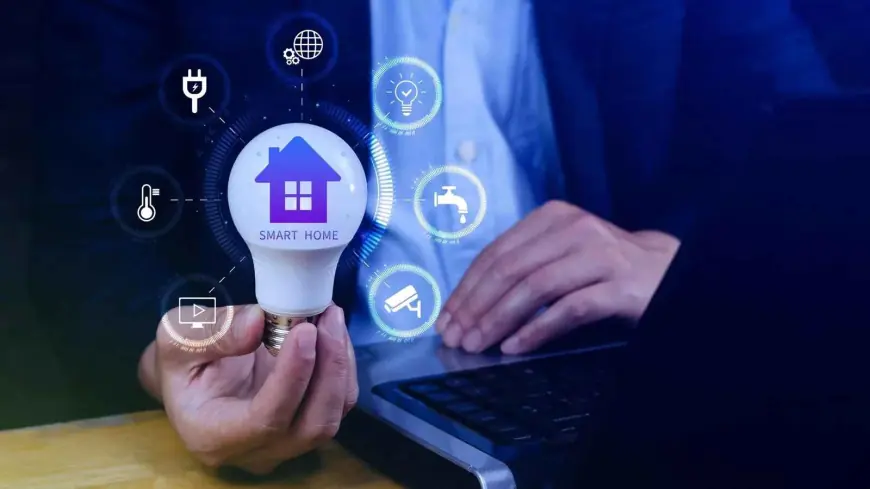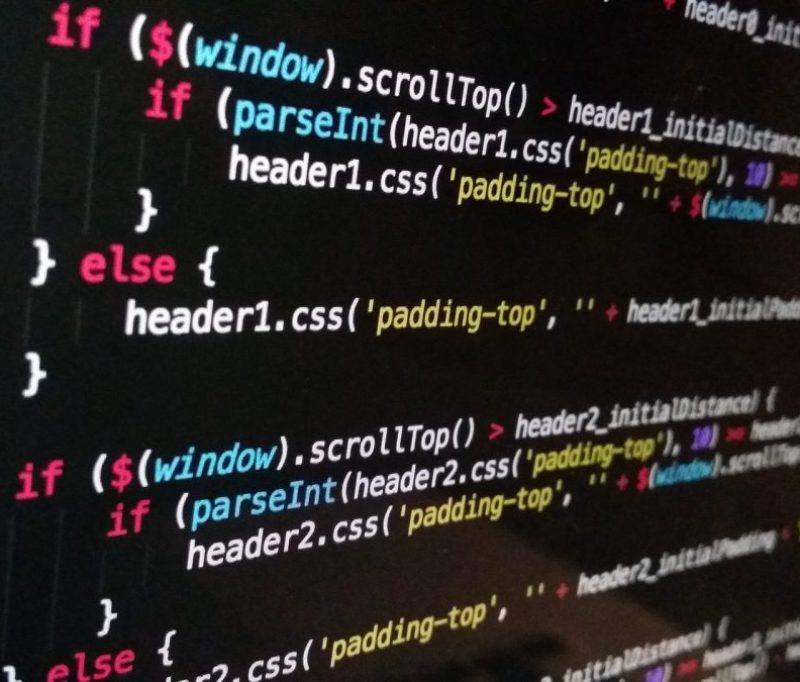Immersive Experiences with Future of Property Technology Innovations
The Future of Property Technology Innovations Beyond Smart Homes explores intelligent buildings, immersive real estate experiences, sustainable infrastructure, autonomous maintenance, and data-driven urban integration that redefine tomorrow’s built environments.

In a world where technology continuously redefines how we live, the real estate industry is no exception. The rise of property technology, or proptech, has already reshaped homes into smart, connected environments. Yet this transformation is merely the beginning. The Future of Property Technology Innovations goes far beyond smart homes, integrating intelligent infrastructure, immersive experiences, and sustainable solutions to reinvent how people interact with spaces.
From Smart Homes to Intelligent Buildings
Today’s homes are blending automation and connectivity. The next generation of property technology envisions entire buildings—residential, commercial, and mixed-use—as intelligent ecosystems. Systems will communicate seamlessly across ventilation, lighting, security, and communal spaces. These environments will learn usage patterns, adapt based on occupancy, and optimize comfort, energy, and cost consistently over time.
Immersive Living and Virtual Experiences
Augmented and virtual reality technologies are reshaping how people experience property—long before the first visit. Prospective buyers could explore properties through immersive 3D walkthroughs enhanced by virtual staging, customization options, and real-time environmental simulations. Shared living or co-working spaces can be visualized dynamically, and virtual community experiences can bridge gaps in remote yet social living scenarios.
Sustainability and Energy-Efficient Infrastructure
Proptech’s future is intertwined with sustainability. Buildings will integrate predictive energy systems that learn weather patterns and occupant behavior to optimize heating, cooling, and lighting. Waste management systems will monitor usage and ensure efficient recycling, while green materials and on-site energy generation will reduce overhead and environmental impact. This intelligent infrastructure supports thriving ecosystems and healthier occupants.
Autonomous Property Management and Maintenance
Maintenance will evolve from periodic checks to predictive and autonomous systems. Sensors will detect structural or system irregularities in real time and dispatch robotic or human agents to resolve issues—before tenants are even aware. Parking, access control, cleaning, and amenities will be managed automatically leveraging AI to ensure efficient, responsive operations across the property lifecycle.
Data-Driven Urban Planning and Community Integration
Property technology will evolve into city-scale orchestration. Buildings will share anonymized data on energy use, occupancy patterns, and mobility flows with urban planners. This intelligence will empower dynamic zoning, smart infrastructure deployment, and responsive public services. The result is vibrant, responsive neighborhoods that adapt seamlessly to evolving human needs and seasonal patterns.
for more info https://bi-journal.com/future-of-property-technology-innovations/
Conclusion
The Future of Property Technology Innovations Beyond Smart Homes marks a transformative leap into intelligent, immersive, sustainable, and autonomous built environments. By integrating adaptive infrastructure, virtual experiences, predictive management, and data-driven urban planning, the properties of tomorrow will deliver elevated living, operational efficiency, and environmental harmony in equally evolving spaces.
What's Your Reaction?
 Like
0
Like
0
 Dislike
0
Dislike
0
 Love
0
Love
0
 Funny
0
Funny
0
 Angry
0
Angry
0
 Sad
0
Sad
0
 Wow
0
Wow
0























































